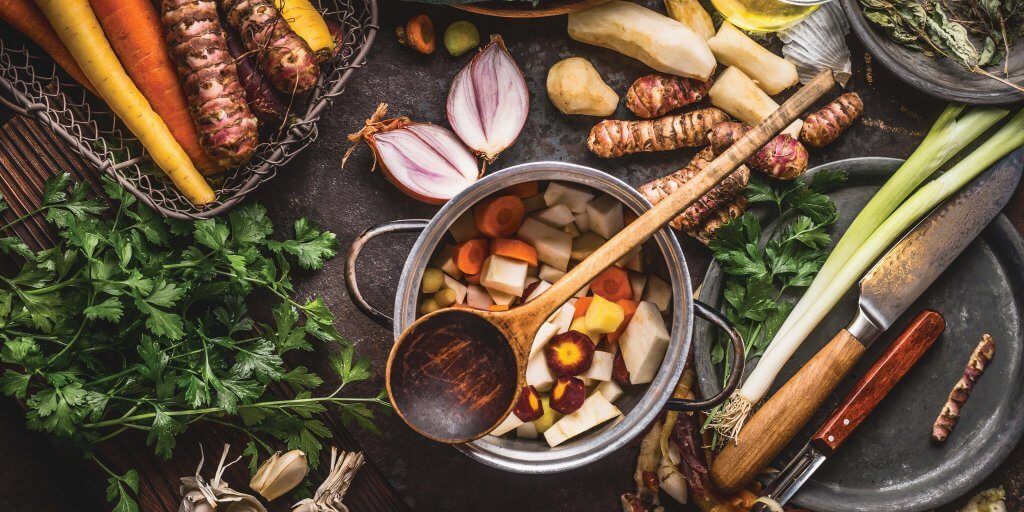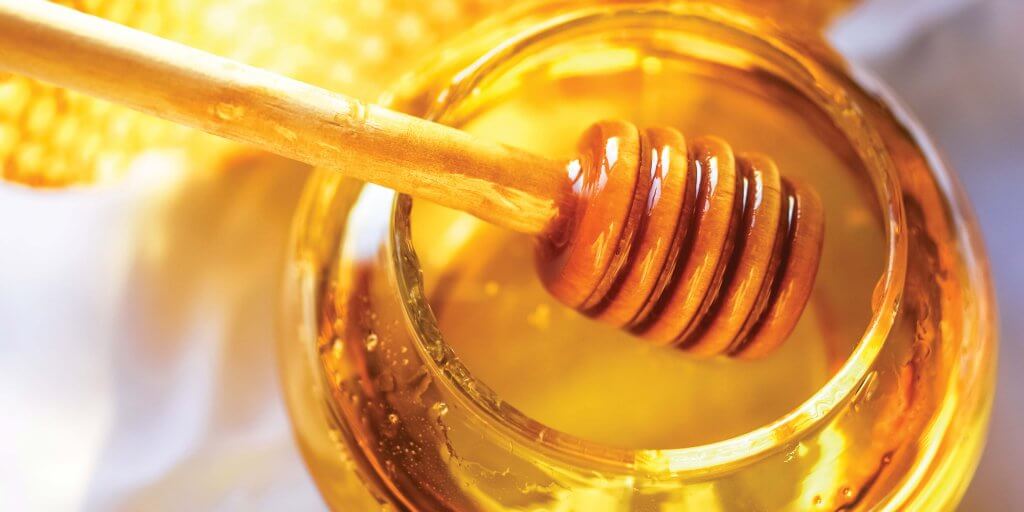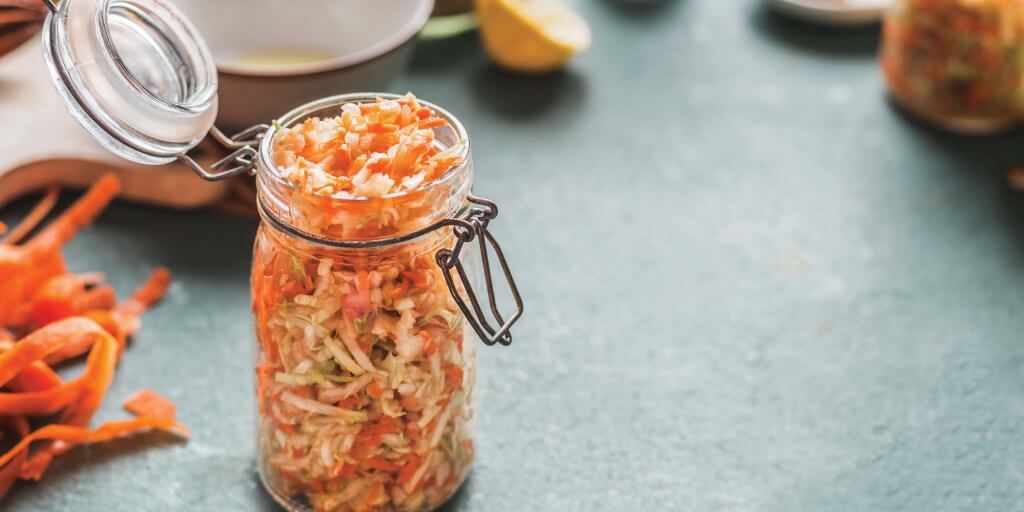Have you put on a few pounds? It might not be your favourite cookie to blame…it might be your microbiome’s fault.
Preliminary research has found that low numbers of bacteria in the gut may cause an interesting phenomenon—we extract more energy from our food. What this means is two people can eat the same meal, but someone with low numbers of gut bacteria might get more caloric energy from the food. Woah!
Research from the Washington University School of Medicine looked at the gut bacteria of 154 people and found that those with the smallest variety of bacteria were more likely to be obese.
This means it’s not a certain strain of bacteria that’s the problem or solution, it’s about diversity—the difference between a desert and a rainforest.
Our Body Prefers a Rainforest
When our diversity is low, or when certain bacteria grow wildly without other bacteria to rein them in, then we tend to receive more energy from our food. This means your old way of eating, that’s kept your weight balanced for years, may now cause your weight to creep up.
What We Know So Far
This is a new field of research, so we’re only taking the first baby steps…but so far the research is pretty eye-opening. We know that diversity is important, and we’re finding that a few different families of bacteria may influence our metabolism more than others.
Lean people tend to have more bacteria called Bacteroidetes, which loves to munch on tough, bulky fibre found in plant-based foods.
On the other hand, obese people tend to have more Firmicutes, bacteria which is great at extracting energy from food. Research has found those with more Firmicutes absorbed more calories from a meal versus someone with more Bacteroidetes.
Gut Bacteria and our Hunger Hormone
But that’s not all…some gut bugs help control the hunger-stimulating hormone ghrelin. Actually, a strain that we usually consider to be a bit sinister plays this important role: Helicobacter Pylori.
H. Pylori has been connected to stomach ulcers, so wiping it out with antibiotics is usually the prudent thing to do. But, this bacteria might have some benefits too. A study of 92 people published in the journal BMC Gastroenterology in 2011, found that those who were prescribed antibiotics to eliminate H. pylori (due to digestive-system problems) also saw ghrelin levels rise six-fold.
We Can Adjust the Balance of our Microbiome, yay!
I’ve got very good news for you…and a little bad news.
The bad news first: once H. Pylori is gone, it’s very hard to get it back. But if you’ve wiped it out due to ulcers or other digestive issues, it’s probably good it’s gone.
And the very good news: with the exception of H. Pylori, we can make measurable changes to the strains and diversity of gut bacteria in as little as seven days.
The American Gut Project, a very large crowd-sourced research project, has been analyzing our poop samples for many years and has found a basic truth: A diverse diet = a diverse array of gut bacteria.
It’s simple, yet effective.
4 Ways to Increase Microbiome Diversity

Increase plant-based fibres
Those fibre-hungry Bacteroidetes love to graze on hard-to-digest plant-based fibre and starches. Enjoy a variety of veggies, fruits, whole grains, nuts, seeds, and beans every day to keep them happy.

Reduce processed and refined foods
These can reduce the diversity in your gut because they’re fully digestible so there’s no extra fibre for your gut bacteria to munch on! And Firmicutes loves refined sugar and flour.

Avoid artificial sweeteners
A 2014 study found that sucralose, saccharine, and aspartame encouraged the growth of bacteria linked to obesity. If you prefer zero calorie sweeteners, try stevia or monk fruit. Or enjoy modest amounts of whole sugars like honey and maple syrup.

Seed your gut with probiotics and fermented foods
We live a much cleaner life than we did a generation or two ago, so we need to reseed our gut regularly so it can thrive. Simply take a good quality probiotic and enjoy a fermented food every day. Nature’s Fare Markets has many probiotic options for you, as well as beautifully fermented foods like kefir, yogurt, sauerkraut, tempeh, miso, and kombucha.
Lisa Kilgour, RHN is Nature’s Fare Markets’ Registered Holistic Nutritionist. She is Board Certified in Practical Holistic Nutrition and provides free half hour one-on-one nutrition consultations in our stores.
Learn more: lisakilgour.com. Visit our Nutrition Consultation page to book a free consultation with Lisa.
This article was published in The Good Life magazine.
